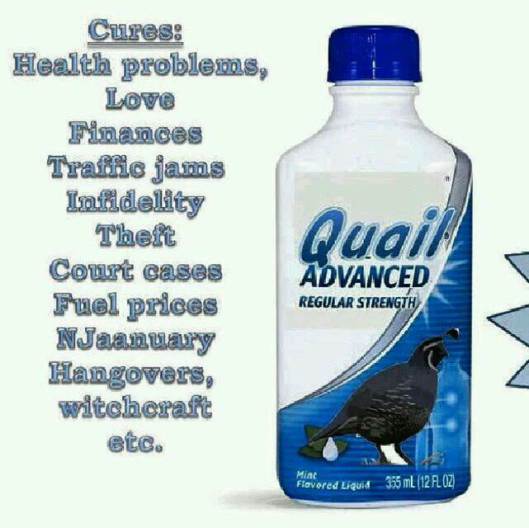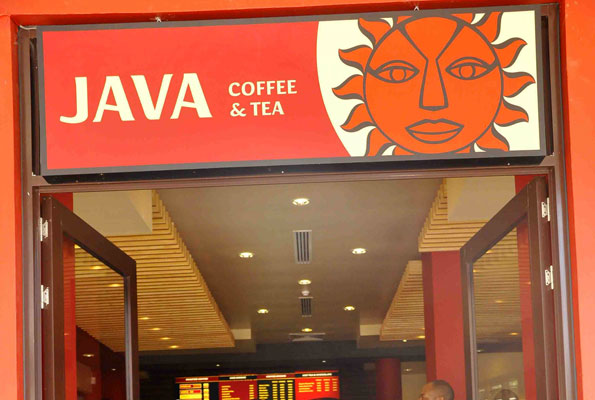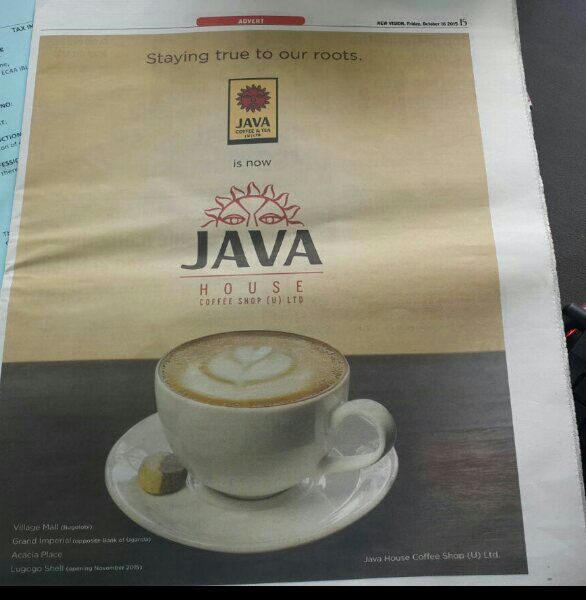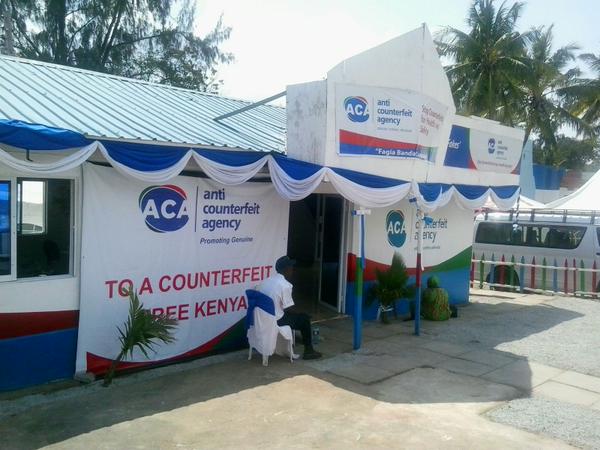
Editor’s note: For more on the Quail farming craze in Kenya, see here.
As many are aware, the system of international registration of trademarks facilitates the obtaining of protection for marks (trademarks and service marks) and since an international registration is equivalent to a bundle of national registrations, the subsequent management of that protection is made much easier. During KIPI‘s two-day Trade Marks Law and Practice Training Course (featured here), Sudi Wandabusi, this blogger’s friend and trademarks examiner at KIPI devised a great practical scenario on the international registration of trademarks.
For purposes of the scenario, a local manufacturer, Isindu Financial Limited is the owner of the trade mark “Quail Advanced Strength” (TM No. 95229) registered at KIPI on 07-07-2013. Isindu now instructs IPKenya to advise on how its trade mark can be protected in the following territories: Zambia, Italy, U.S.A, Japan and Ireland, where its products are already being marketed and sold by authorised distributors.
Why use the Madrid System?
Since Isindu’s trade mark is present in countries outside Africa, the Madrid System is the obvious choice for registration. This system makes it possible for owners to obtain and maintain registration in a number of countries through a simple and cost effective procedure. Therefore Isindu only needs to file one international application, in one language, and pay one fee, in one currency – no translation, currency exchange, legal fee costs.
Is Kenya a member of the Madrid System?
Kenya joined the Madrid Union in 1998. It brought into force both the Agreement and the Protocol on June 26 1998.
The system is administered by the International Bureau of WIPO. There are a total of 92 contracting parties to the Madrid Union. A full list of members can be found here.
Is Isindu eligible to use the system?
Any natural person or a legal entity which has a real and effective industrial or commercial establishment in, or is domiciled in, or is a national of, a country which is party to the Madrid Agreement or the Madrid Protocol can use the system.
Therefore Isindu’s entitlement to file the international registration would be that it has a a real and effective industrial or commercial establishment in the territory of the Kenya.
Can Isindu claim priority?
From the scenario above, it is stated that TM No. 95229 was registered at KIPI on 07-07-2013. An applicant can claim priority
when filing within six months of the date of an earlier filing.
Therefore, Isindu is still within time as at the date of this blogpost and can claim priority.
How much does it cost?
The international registration fees payable to the International Bureau are available online here. This page also has a ‘fee calculator’ which is very helpful in establishing exactly how much is to be paid. The standard fee is CHF 903 for coloured marks and CHF 653 for black and white with a complementary fee of CHF 100. In addition, there is a handling fee of KES 1000 or USD 13 payable to KIPI.
How do the applicants or agents interact with the Bureau?
Several online services have been introduced by the International Bureau. They enable faster, easier communication between the applicant/agent and the bureau, namely:
1) Madrid Goods & Services Manager is a nifty tool that assists TM applicants/agents in compiling their lists of goods and services to file national and international applications. It is available in several languages and helps avoid irregularities in filing. The tool is indispensable as it enables one see which terms are acceptable by International Bureau and different designated contracting parties
2) Madrid Real–time Status (MRS) is a stand-alone tool that provides the status in real time of trademark documents being processed by WIPO. It enables applicant/agent to see what’s happening to their request at any point in time.
3) Madrid Electronic Alert (MEA) is a free ‘watch service’ that informs anyone interested in monitoring registration status of international marks. It is a subscription-based daily e-mail alert system that alerts when changes are recorded in the International TM register.
4) Madrid Portfolio Manager (MPM) is a web service that allows holder of international registrations and there reps access their international trademark portfolios. It comes in handy when submitting new requests for recordal in WIPO international TM Registry.
Comments:
This blogger notes that despite the fact that Kenya is signatory to the Madrid Union, other neighbouring countries within the East African Community (EAC) are not members, with the exception of Rwanda. Within the African continent, less that 11 countries are members of the Madrid system. It has been argued that the reason for the low number of signatories is that the Madrid system is not attractive to African states. It is indeed noteworthy that the larger economies in Africa are not members of Madrid, including South Africa, Egypt and Nigeria. The strongest resistance has come from trade mark practitioners who have lobbied against this system arguing that they stand to lose revenue (agent fees) under the Madrid system.
In contrast, the national trade marks office, KIPI, would prefer the Madrid System as it provides an extra source of revenue. The 35% revenue sharing provision under Madrid almost guarantees the member states an extra added income of CHF 10, 000 and this sum could be higher depending on the designation. KIPI receives an average of CHF 300,000 annually through the Madrid System, whereas a country such as Botswana receives an average of CHF 500,000 annually.
For information on the Madrid System, check out the WIPO website here and WIPO also has a database of all trade marks registered under the Madrid System available here.














